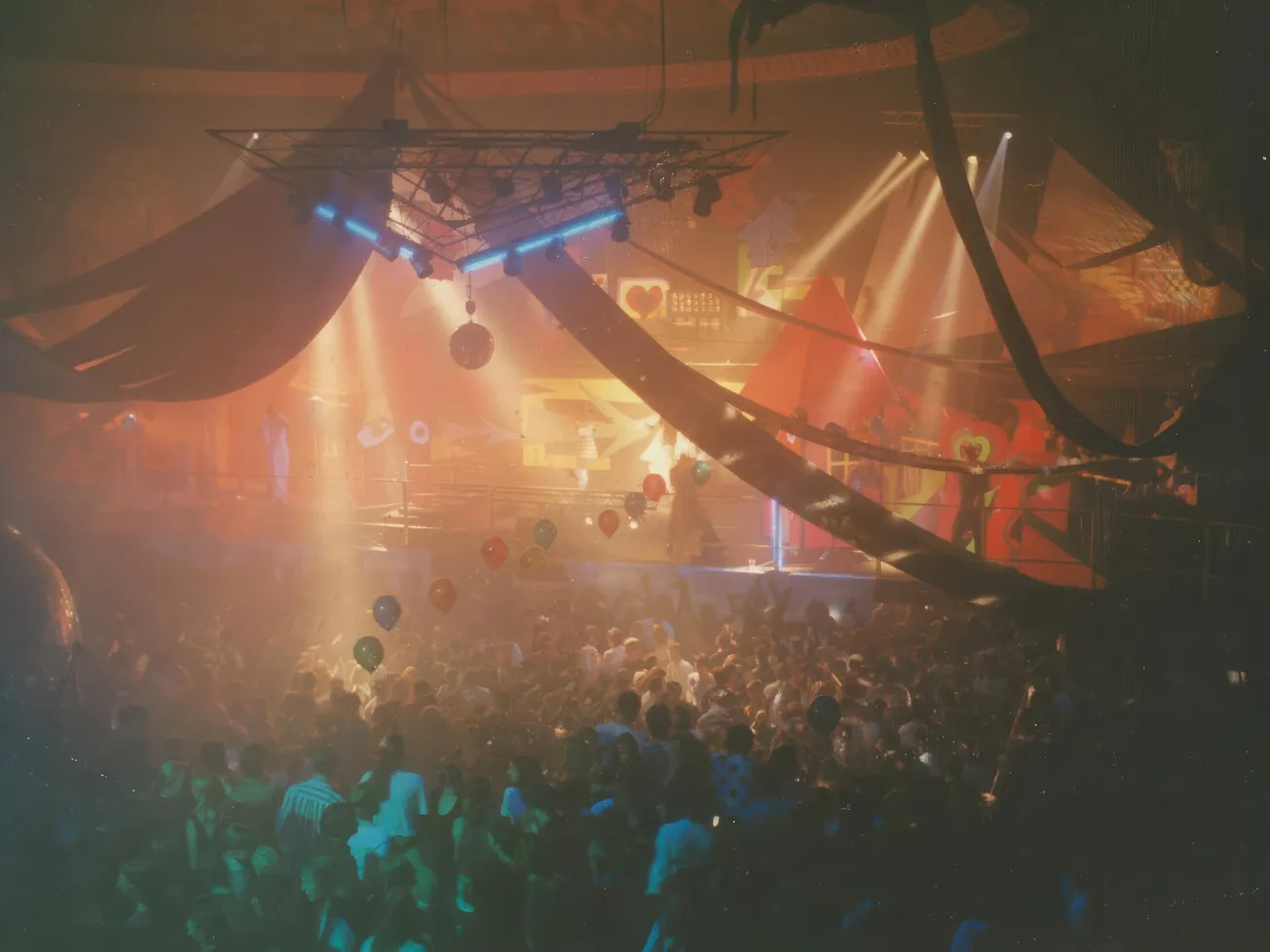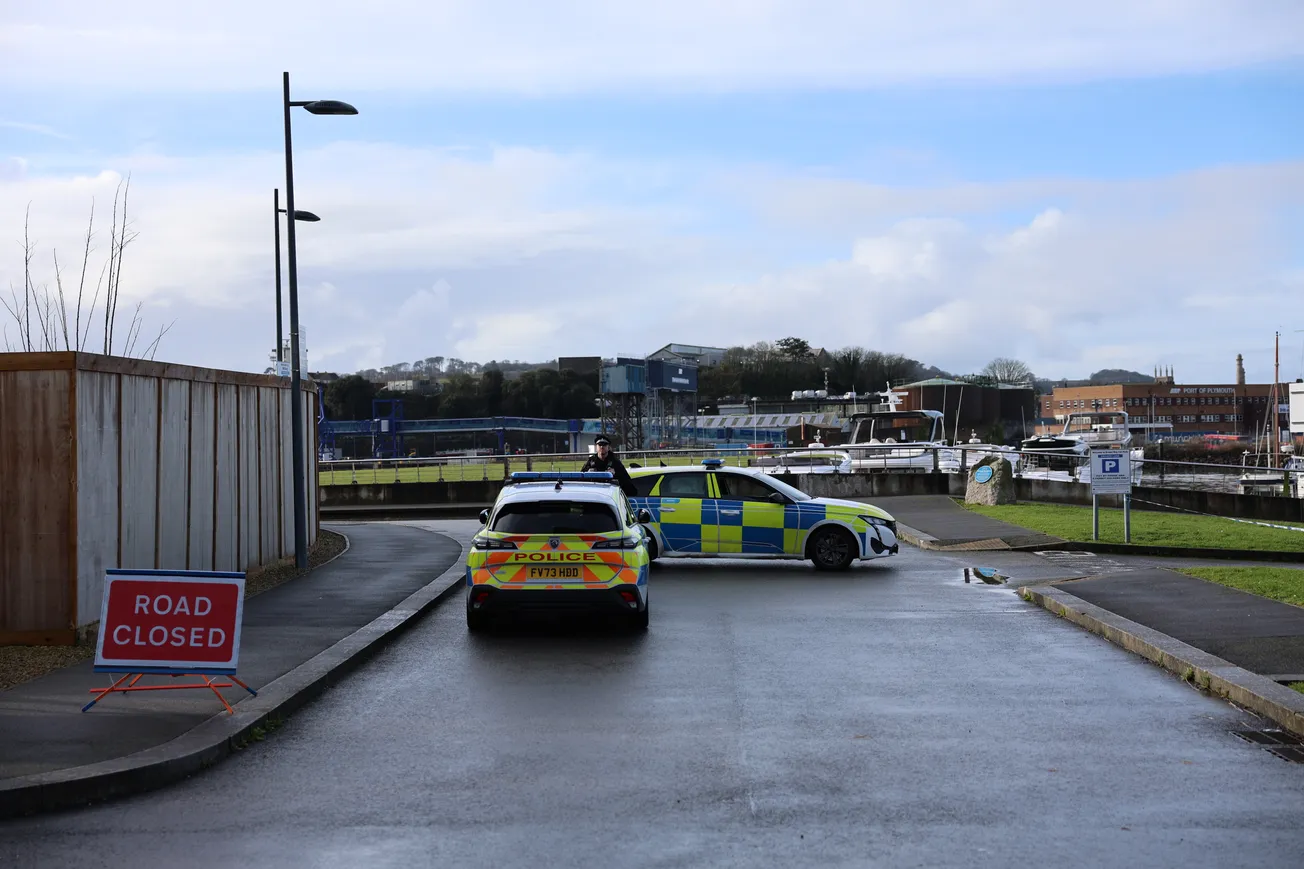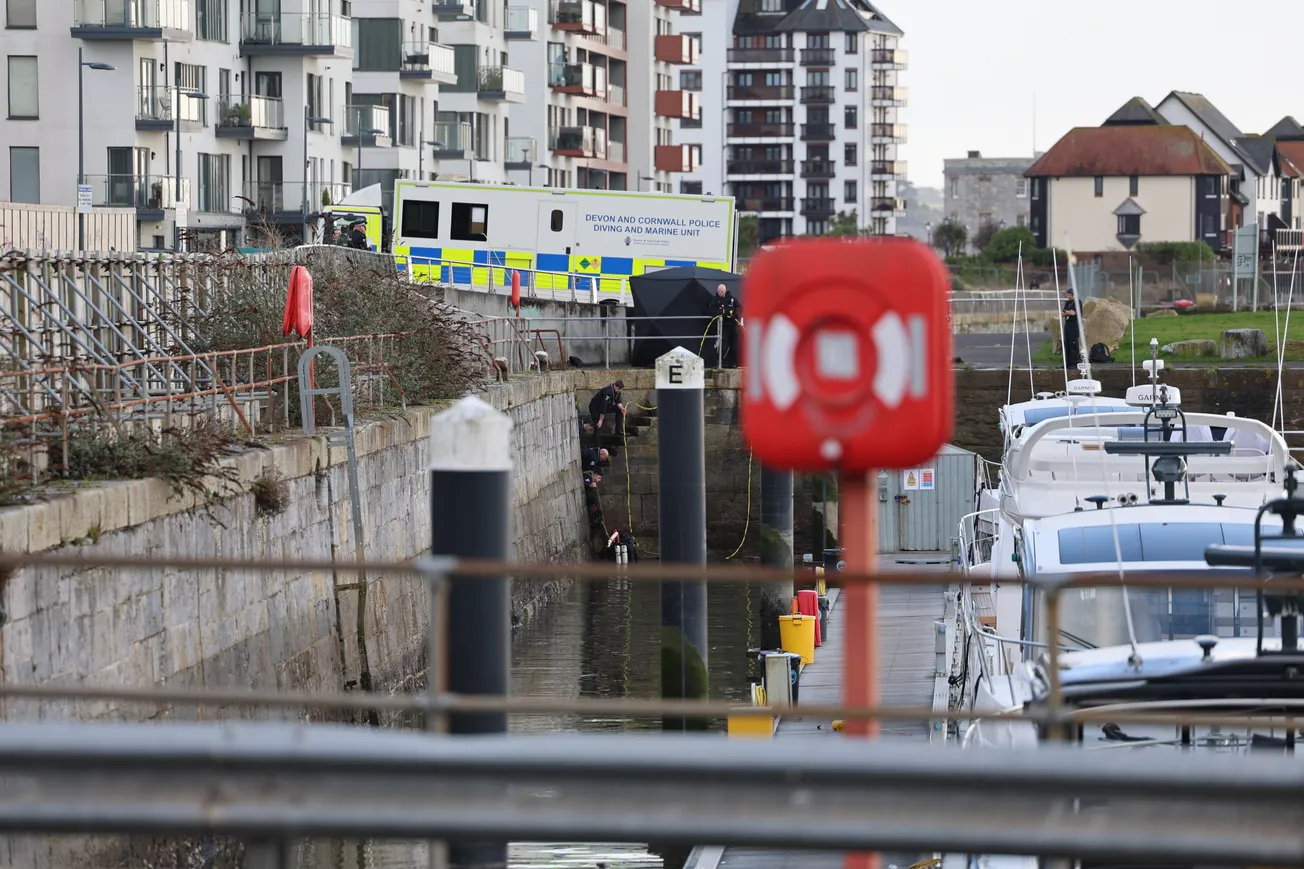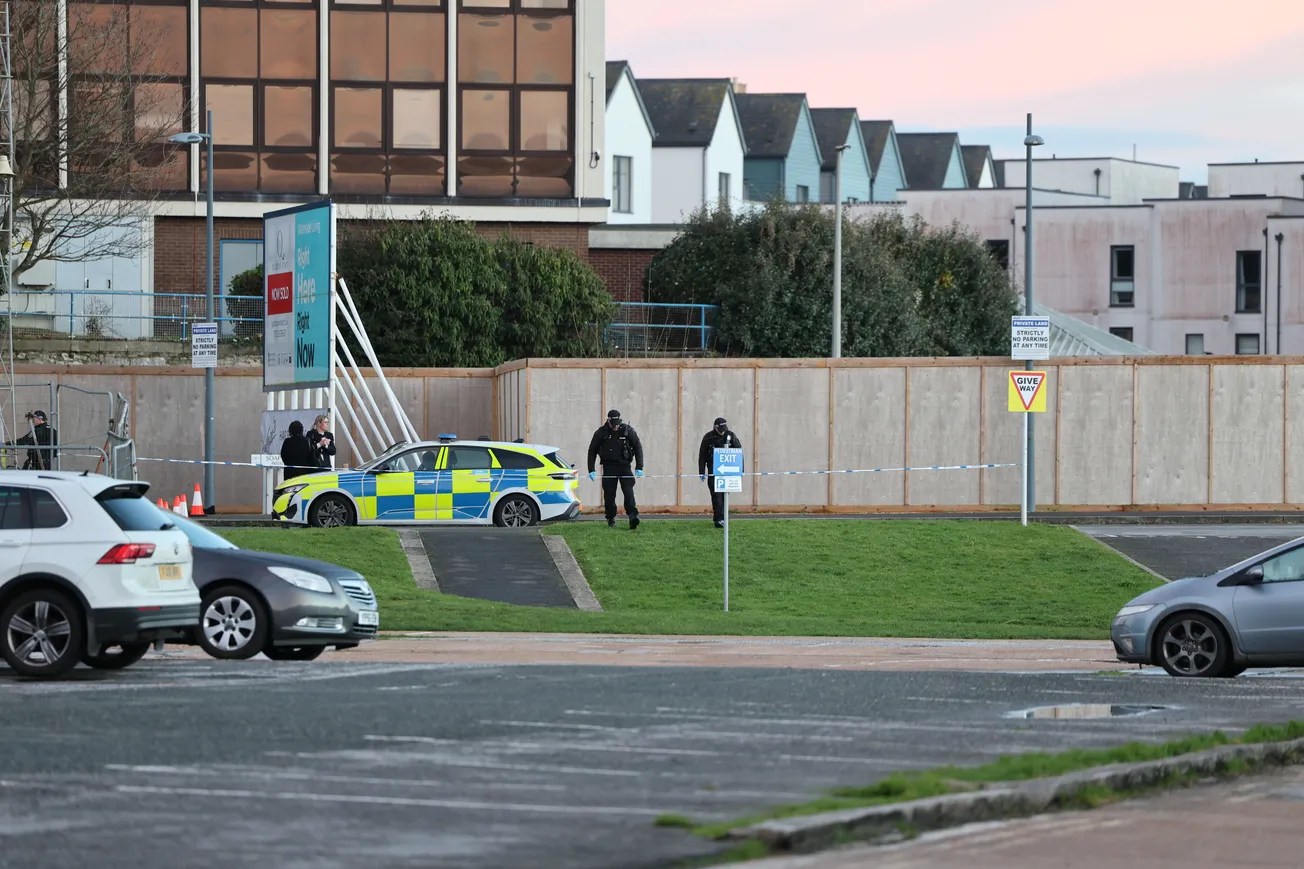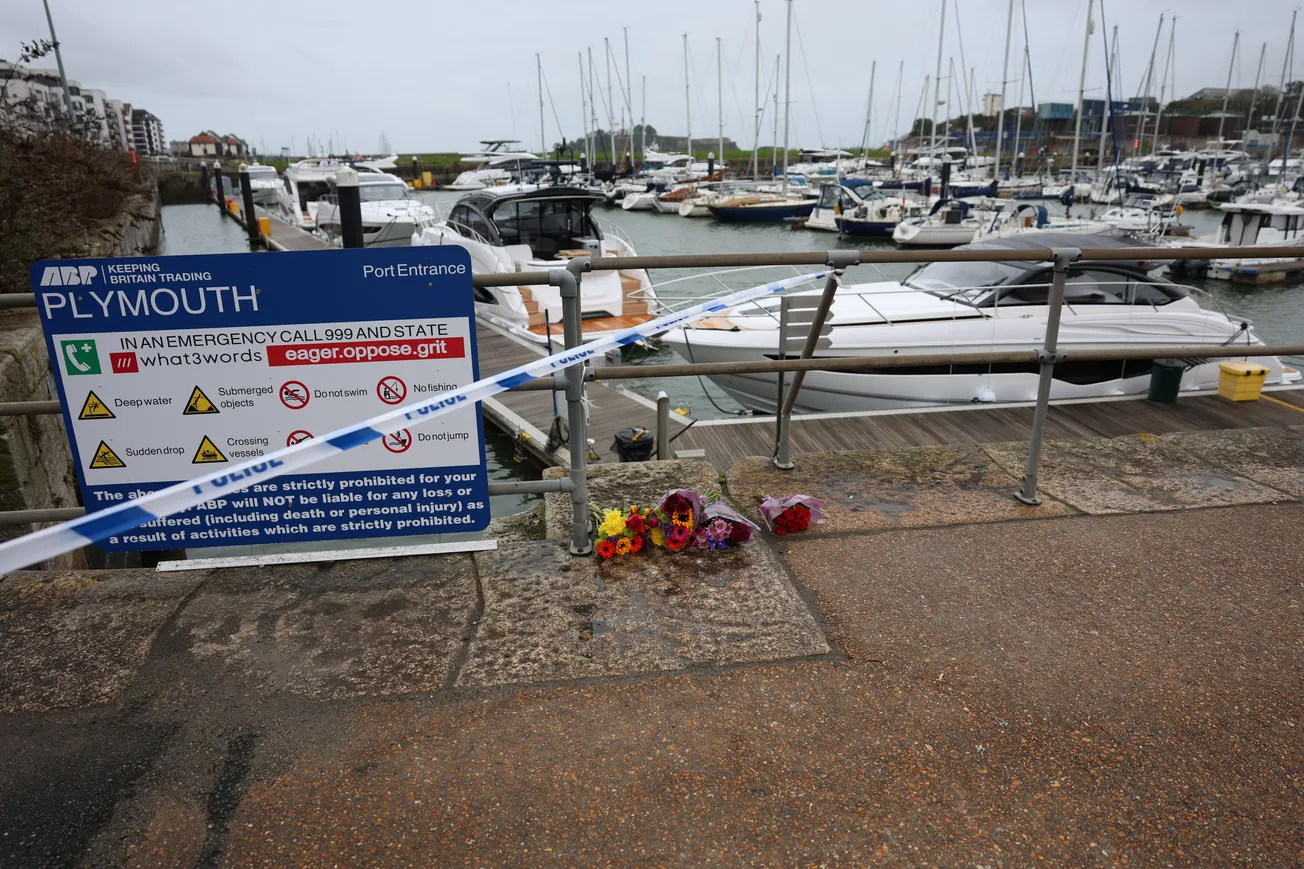The iconic club that entertained thousands of ravers in the 1980s and 90s is the star of a new documentary — and you should be able to see it in Plymouth at a special screening later in the year.
The Warehouse was probably Plymouth’s best-ever nightclub. The former Union Street venue was, at least, its most iconic as it almost single-handedly kicked off the South West’s rave scene back in the late 1980s and the first half of the 1990s.
And now it’s the star of a new documentary that should hit the silver screen in Plymouth later this year. “W: A Return to Oz” premiered in the city to a sellout crowd a little over a week ago but it is hoped that a second screening will be held in Plymouth some time before Christmas.
The 35-minute film is a dance down memory lane. Directed by local filmmaker Daniel Howard-Baker, it’s an unapologetic, raw and ultimately a nostalgic ride that takes you back to the heady days of the nightclub. The flick contains tons of archive footage that Howard-Baker managed to get hold of from ravers across Plymouth and further afield.
The film, which juxtaposes footage from inside the derelict building right now, creating a slightly dark overtone to the work, was premiered at Plymouth Arts Cinema inside Arts University Plymouth on Sunday 5 October 2025 but check out the details at the bottom of this article to find out how to get details on the next screening as they emerge. If you’re a raver, you’ve got to watch it — and try to spot yourself in the many colourful crowd scenes.
Iconic nightclub
The Warehouse opened in Union Street in 1988, just as the acid house music scene was nearing its peak. It was one of a handful of nightclubs inside the legendary Millennium Complex, which was first a cinema back in the 1930s and then housed a number of clubs over the years — some awesome, some not.
The Warehouse itself raged on for a decade, closing as a rave venue in September 1998, however the space did reopen shortly afterwards as Millennium — a far more poppy kind of affair. That club and the whole complex shut its doors in 2004.
At the time of The Warehouse, the complex also housed other clubs like Monroe’s, Blondz and Club Oz, from which the documentary gets its name. It has been derelict for years now, however Stonehouse-based Nudge Community Builders have been working on the site since 2017, transforming it once again into a space for live music, as well as workshops and other amenities for young people and the local community.
Howard-Baker says: “Originally, this was not meant to be a documentary about the Warehouse. It was meant to be about all the different abandoned clubs on Union Street — but I quickly realised it was going to be way more than, let’s say, a 20-minute short to do all of them so I chose the Warehouse.
“In early 2024,” he continues, “I made a Facebook post asking people to come forward and see if they wanted to do any voiceover or add archive footage to the documentary and lots of people responded. Many people were keen — and I also got in touch with DJ David Green, DJ Andy Howard and many other important people from the venue’s heyday. It all came together fairly quickly and I thank everyone who made this documentary possible.”
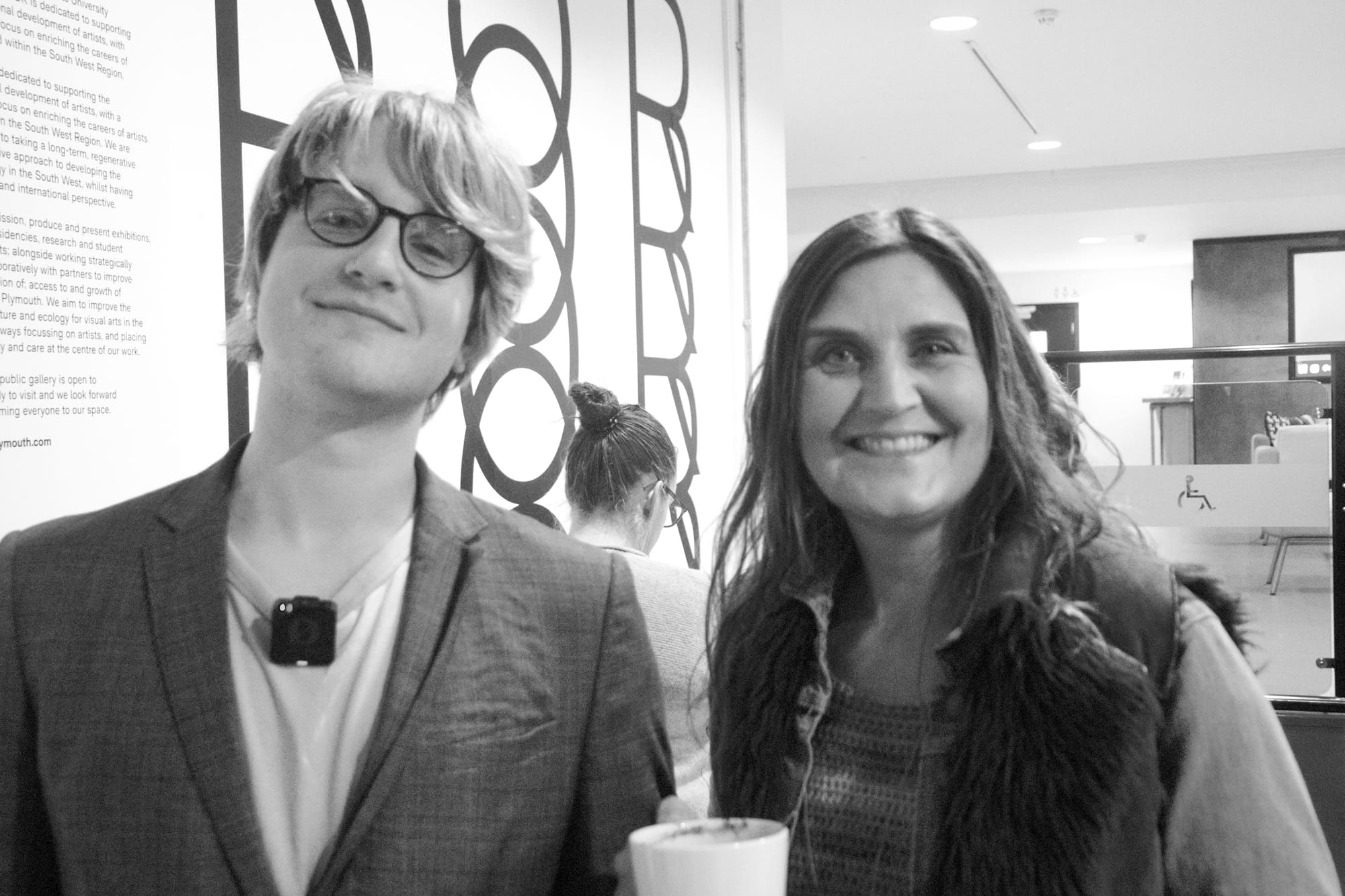
Plymouth’s own director
Howard-Baker was born in Luton but moved to Plymouth when he was four years old. He grew up here and went to the University of Westminster in London aged 18 to study for a film degree. He returned to Plymouth in 2023 to ‘explore the filmmaking avenues of the South West’.
The 25-year-old has a solid body of work behind him already, including mostly fiction shorts as director, editor and other roles. But “W: A Return to Oz” is his first major project. He says: “The Warehouse seemed like an impossible fantasy land that may be foreign to people of my age now — a utopian enclave in Union Street that sat among a cesspit of everything great and terrible about clubbing life back in the 80s and 90s. It wasn’t a flawless or sinless club but it was, on balance, a positive venue for Plymouth’s community at that time.”
Howard-Baker, who filmed the footage inside the derelict building in just one hour due to costs, thanks Nudge for allowing him access. He also thanks his producer, Louis Holder, for his work on the doc. “I showed Louis a rough cut and I had no expectations of anything,” says the director. “I thought he was just a friend giving feedback and he was like, ‘Dan, I need to produce this for you’. He has been locked in ever since.”
Holder said at the premier: “I’m from London, which is full of fragmented music communities, so to come across a concentrated community of club revellers and people who frequented The Warehouse was just like a treasure trove. It was just handed to Dan on a plate and it’s been a wonderful ride to see the film come together.”
In creating the documentary, Howard-Baker left the interviewees — who came from far and wide — to ‘tell their stories almost unprompted’, which is evident as the film presents a stream of consciousness from The Warehouse regulars. He says there ‘was a sense of relief’ among them as ‘I feel they were pleased that finally this story is now being told after years of this venue being forgotten’.
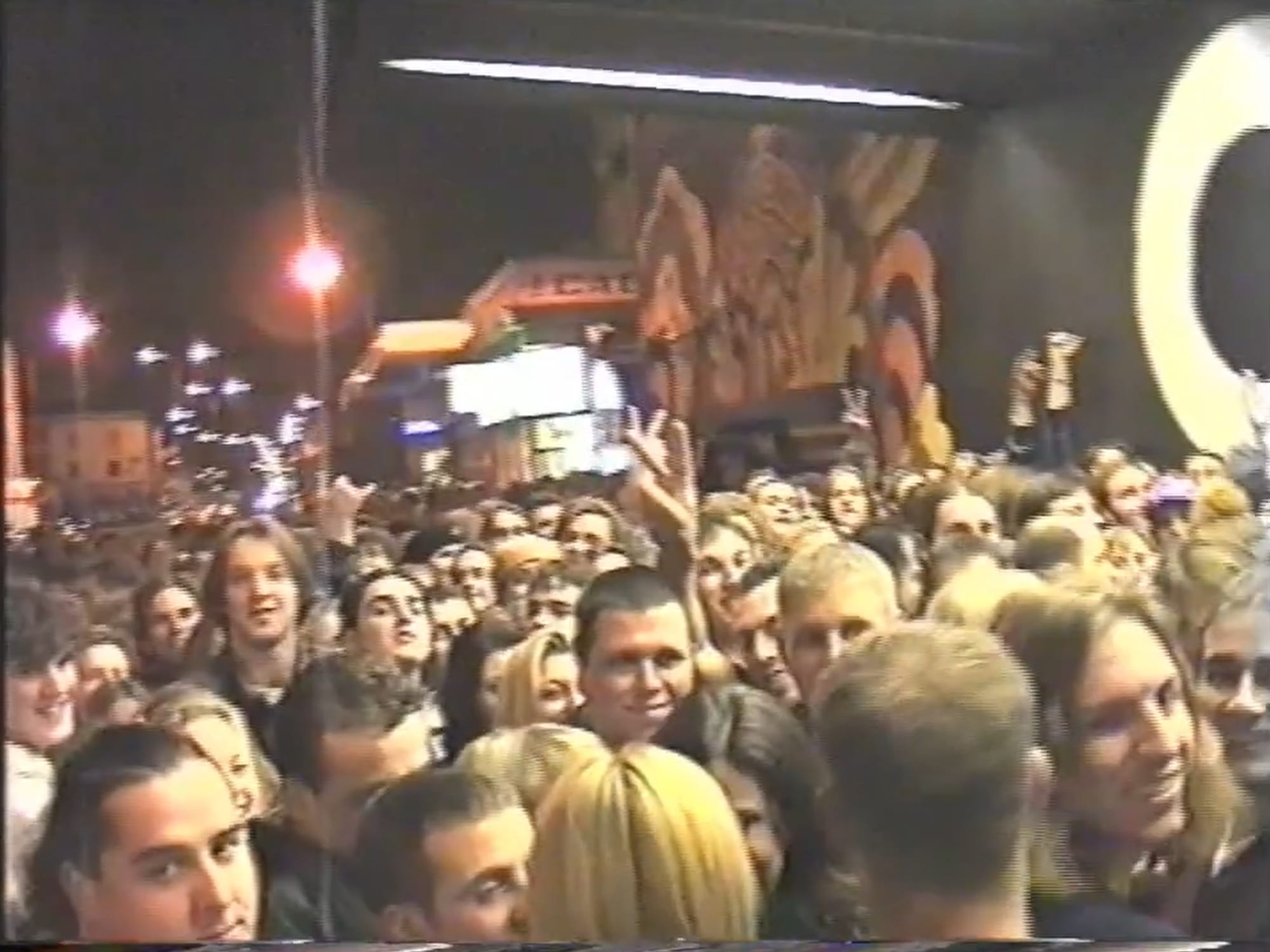
Guerilla marketing
One interesting element is the coverage of The Warehouse’s promotional campaign just before its launch back in 1988. The film shows small flyers that were posted all around town featuring a ‘W’ on a yellow background. These flyers soon included scant details on the upcoming nightclub. That simple campaign worked damn well in a world without social media — more than 2,000 people showed up on The Warehouse’s opening night and that number only increased in the following months.
How about the doc’s name? Howard-Baker says it was inspired by the title of 1985 movie “Return to Oz”, directed by Walter Murch. However, he says he didn’t actually watch that film — an unofficial sequel to the 1939 classic, “The Wizard of Oz” — until his documentary had been made. He does note a host of similarities to his work in that movie, though. “There’s a similar throughline to both pieces,” he says. “Both go into a derelict area that was once magical and both have dark overtones. So I like the title even more now.”
Howard-Baker says he knew the project ‘was big and would be really popular because of the sheer amount of responses’ he got from the original Facebook call-out. In one week, he ‘got more than 1,000 reactions’ and thought, ‘oh my gosh, the pressure is on to make this now and it needs to be as good as it can be’.
He says that it’s all about festivals for the film now. “We’ve been selected for eight national festivals out of 75 so far and we are looking forward to some London screenings too,” he says. “I would like this film to have a successful run on the festival circuit in the UK and beyond. It’s all about community screenings right now but the eventual aim is for awards and for wider distribution across the UK and even globally.
“There’s no reason it can’t be broadcast on TV, for instance,” he adds. “I’m open to making a follow-up too. For instance, I’ve looked into Devonport’s Van Dike Club that was on Exmouth Road between 1968 and 1972 — that would make for a great documentary. Or there’s the Dance Academy and many other clubs. But these ideas are reliant on whatever archive footage is available out there. So we will see.”
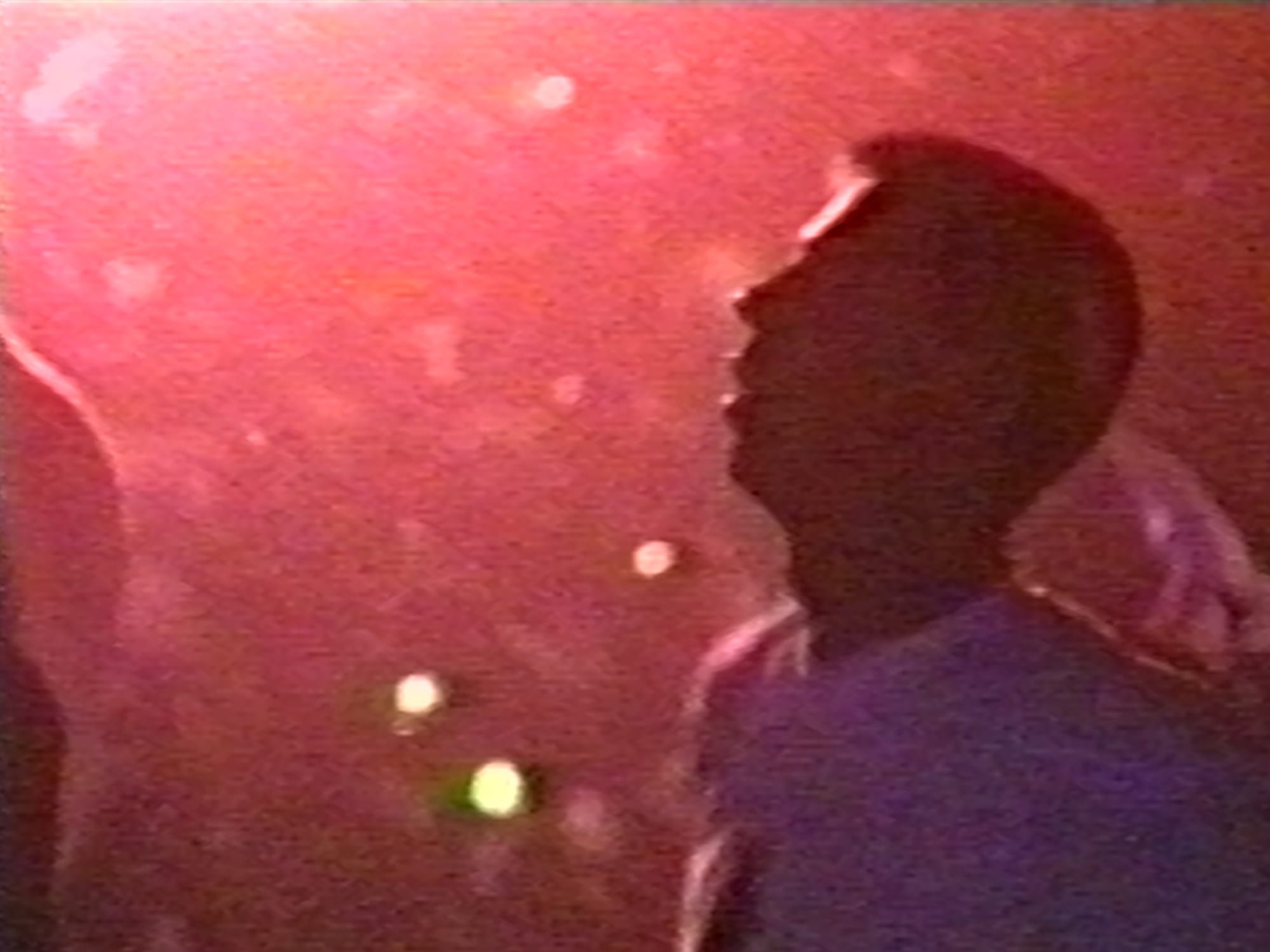
Cultural Vibes
DJ (or self-confessed ‘raver who plays records’) and promoter Dave Green brought his successful Cultural Vibes dance nights to The Warehouse from 1992. He is the film’s associate producer and he was an animating presence at its premier. He says: “We were really lucky in Plymouth at that time to have two world class venues in the Warehouse and Dance Academy. Both of them worked greatly — but I loved the Warehouse.
“It wasn’t the tidiest, cleanest place — most of it was just hardboard and carpet. There was the egg in the middle and a stage but it was pretty grimy. But it was the right space at that time. It’s hard to explain what it was like to anyone who didn’t go but when you went through those front doors and up the first flight of stairs, you suddenly started to feel the beat. And then the moment you hit the club, you knew what was coming. That’s a feeling you can’t describe to anyone. It was monumental on a big night.”
Green brought Cultural Vibes back to the derelict Warehouse space in April 2023, however he says he has no plans at the moment for another event in tribute to those days. “I have played all over the world and managed some great clubs,” he says, “but there really is nothing like the Warehouse. It was another world.”
Would Howard-Baker have been a raver in the 1990s, though? “Clubbing doesn’t inspire me these days,” he concludes. “But if the Warehouse existed now or I existed back then, I would totally go. That would inspire me.”
Check out the next film screening if you want a blast of nostalgia from The Warehouse days. You never know — you may spot yourself in there, peeping your whistle and waving your glow-sticks around wildly…
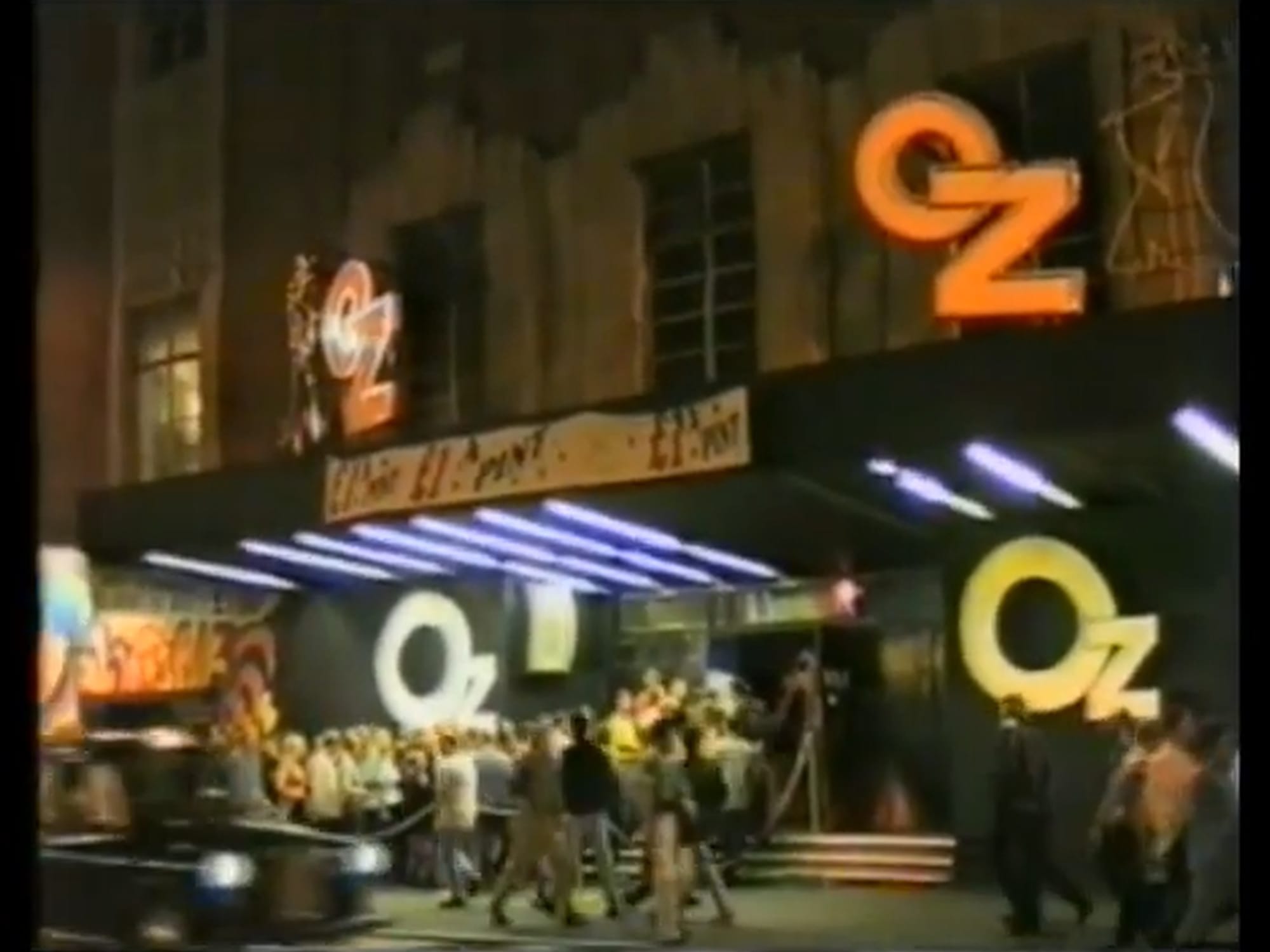
Catch “W: A Return to Oz” on the big screen
Where you can watch the documentary next:
Friday 14 November 2025 — Close-up Cinema in Sclater Street, Tower Hamlets, London from 6.30pm. Details: here.
A date in November or December 2025 — Plans are afoot for another Plymouth screening somewhere in the city. You need to follow the film’s Facebook or Instagram pages to find out where and when it’s going to be as soon as it is confirmed. It will likely be a sellout again so check those pages and then snap up your tickets quick.
Also look out for upcoming details on autumn screenings in Exeter, Bristol, Cornwall and other locations by following the Facebook page: here and the Instagram page: here — also check out the official website: here.
Also help Daniel Howard-Baker and producer Louis Holder with their next fiction project, a Plymouth film entitled “Calling You”. This work will also explore dance, music and memories. Find out more and donate some cash to the talented duo’s crowdfunder: here.
Sign up for free below to get notified with all the latest breaking news from Plymouth Plus.

